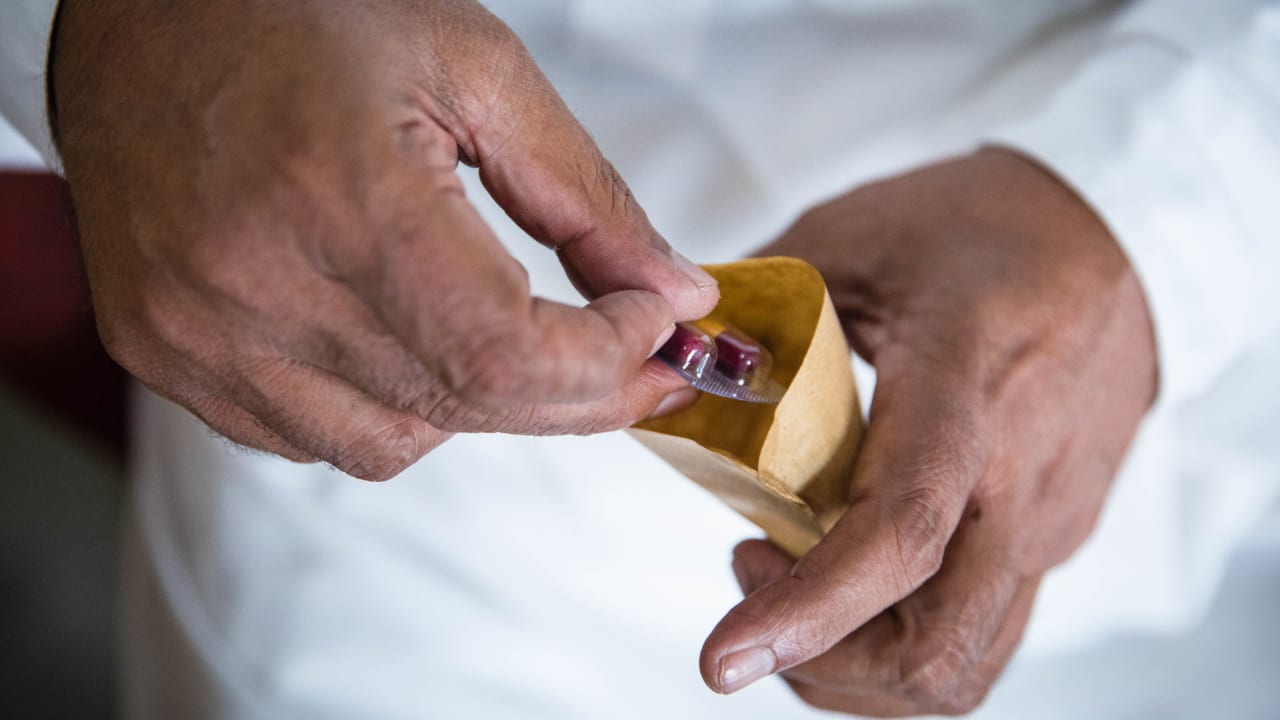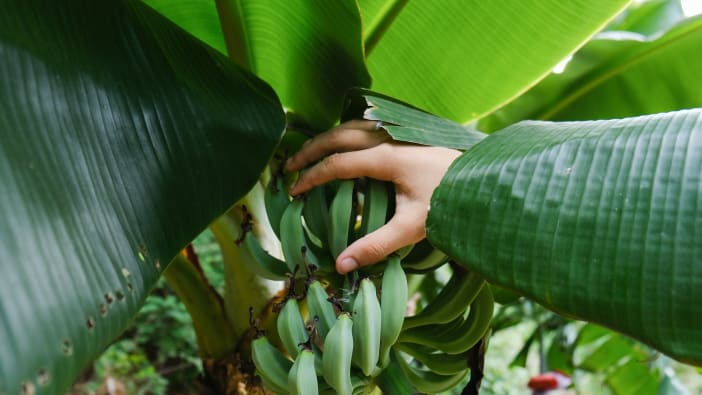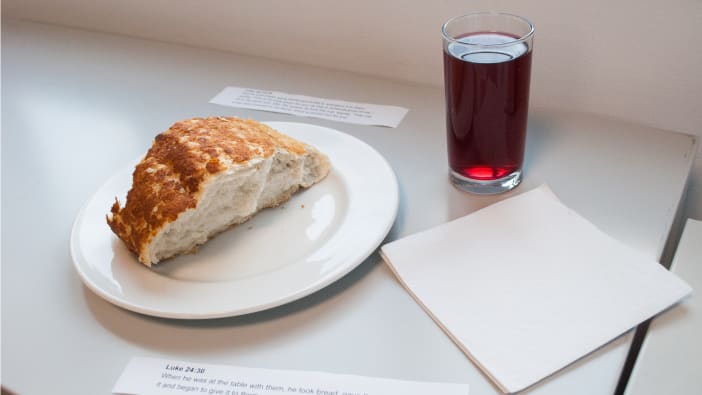Traditional medicines: A gift from God.
From the very beginning, we read in Genesis 1:29 how God placed plants in our lives. He gave us seed-bearing plants and trees that bear fruit for our use as food. And so in every place; wet or dry, land or sea, appropriate plants grow (Isaiah 41:19).
- What does this mean in our daily lives and to life on earth?
A body, which is well nourished, is also usually a healthy body. When we eat a balanced diet (Ezekiel 4:9) the food we eat can be seen as preventive healthcare. In addition, God gives us the use of plants and herbs for curative care, both physical (2 Kings 20:7; Psalm 51:7) and emotional (Psalm 45:8; Genesis 43:11).
- Reflect on how people have used plants, seeds and herbs. What are the consequences of such use?
Jesus’ ministry included both spiritual healing (Matthew 9:2) and physical healing. He used divine power (Luke 5:17), faith (Luke 7: 6-10; Luke 18:42), touch (Matthew 8:2-3) and even prepared products such as the mud and saliva used for healing in John 9:6-7.
There were also rituals associated with cleansing and healing both in the Old and the New Testament (Leviticus 14:49-57; John 17:12-19; Mark 8:22-25).
- Consider the different healing methods that are available today and the rituals associated with them. Which would you, as a Christian, agree with and why?
Read Philippians 1:9-10 and James 1:5
As we consider the use of traditional medicines, let us make choices through careful study and observation, asking God for wisdom to see clearly what treatments are best, pure and blameless.
Dr Eva Ombaka is a pharmacist and the Co-ordinator of the Ecumenical Pharmaceutical Network. She is based in Nairobi, Kenya. Her e-mail is [email protected]









